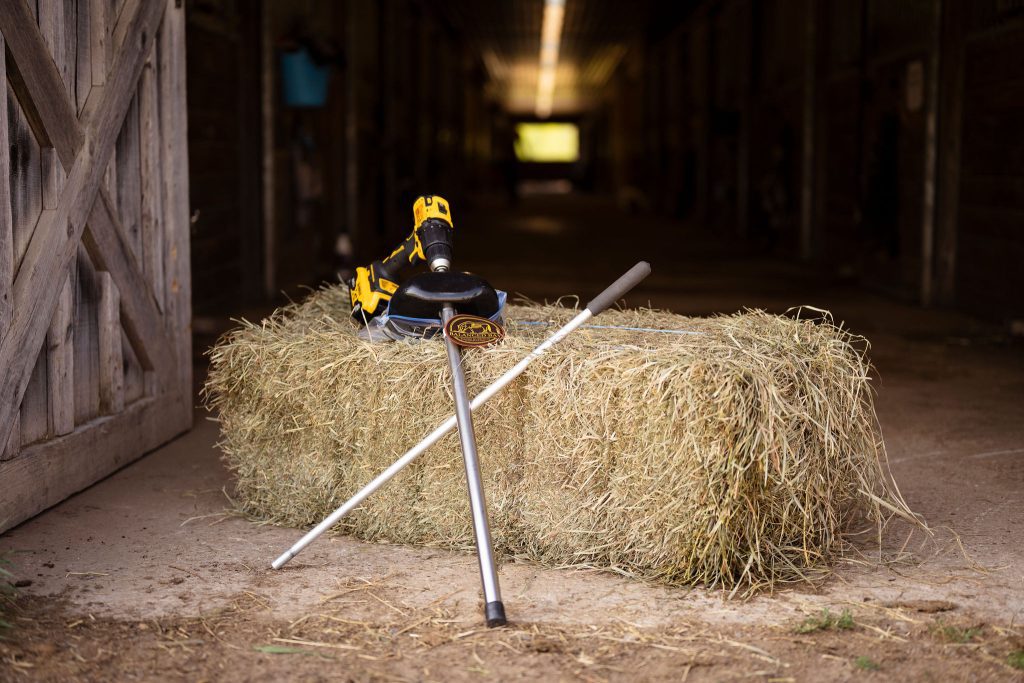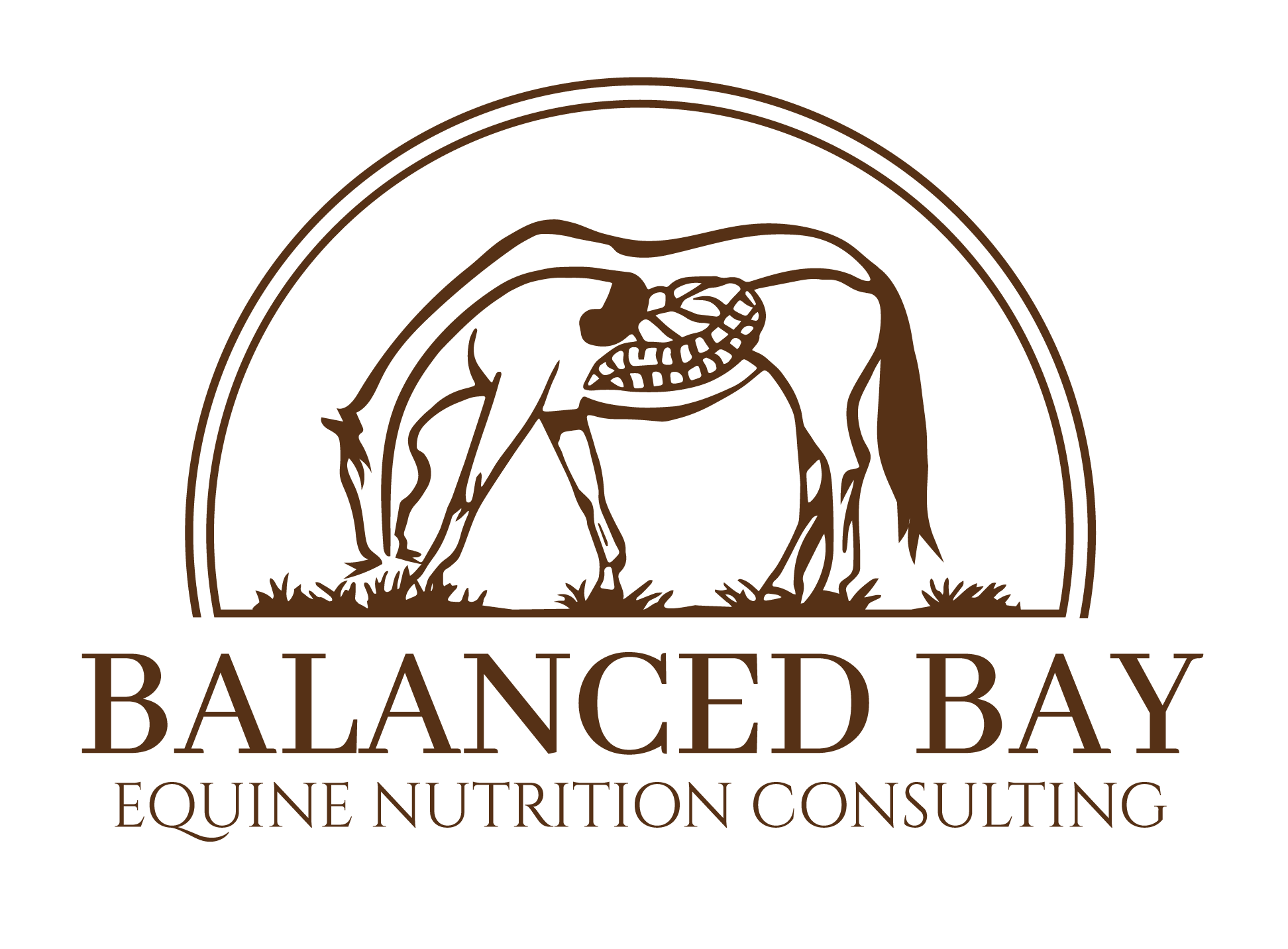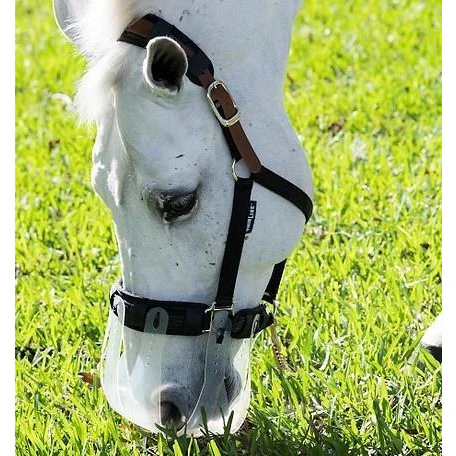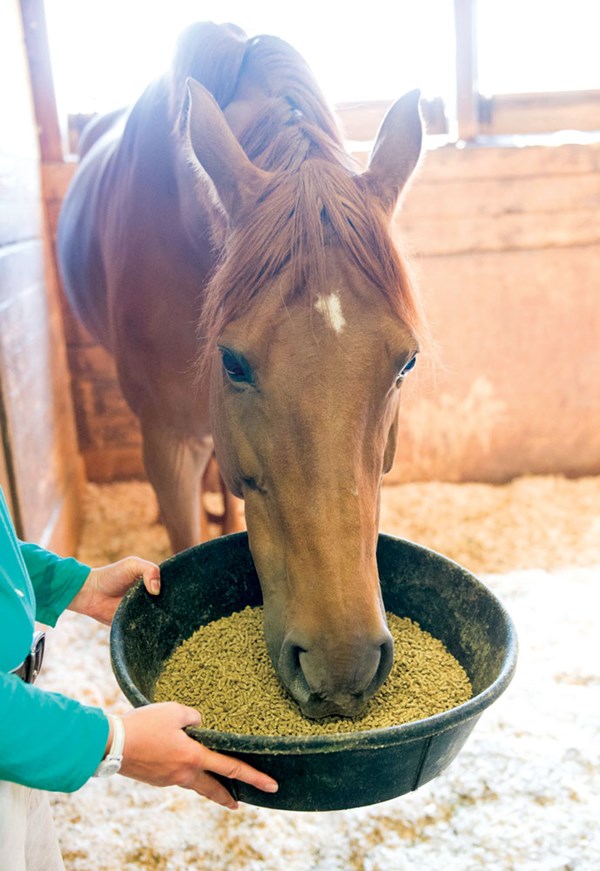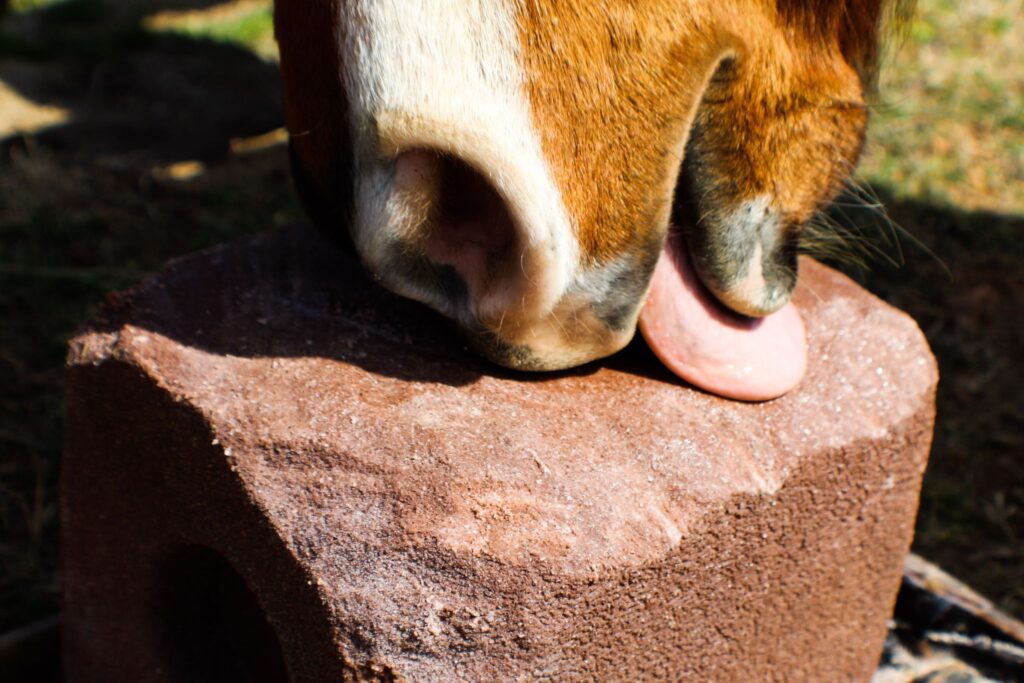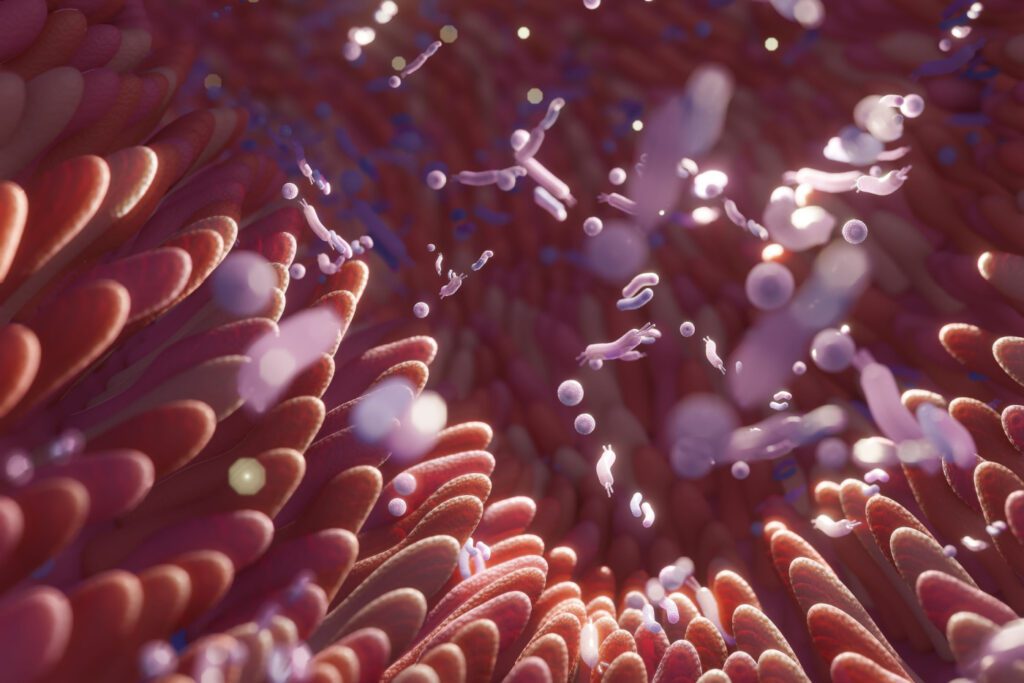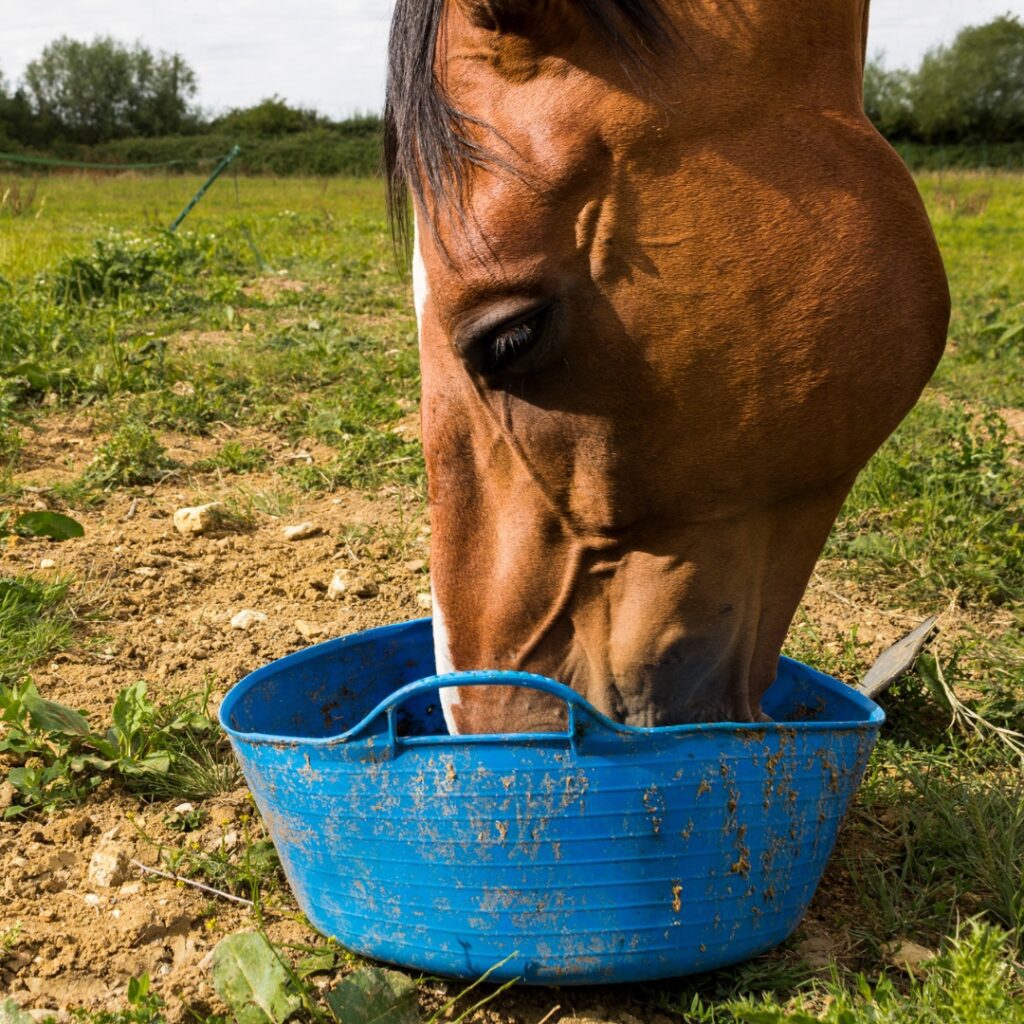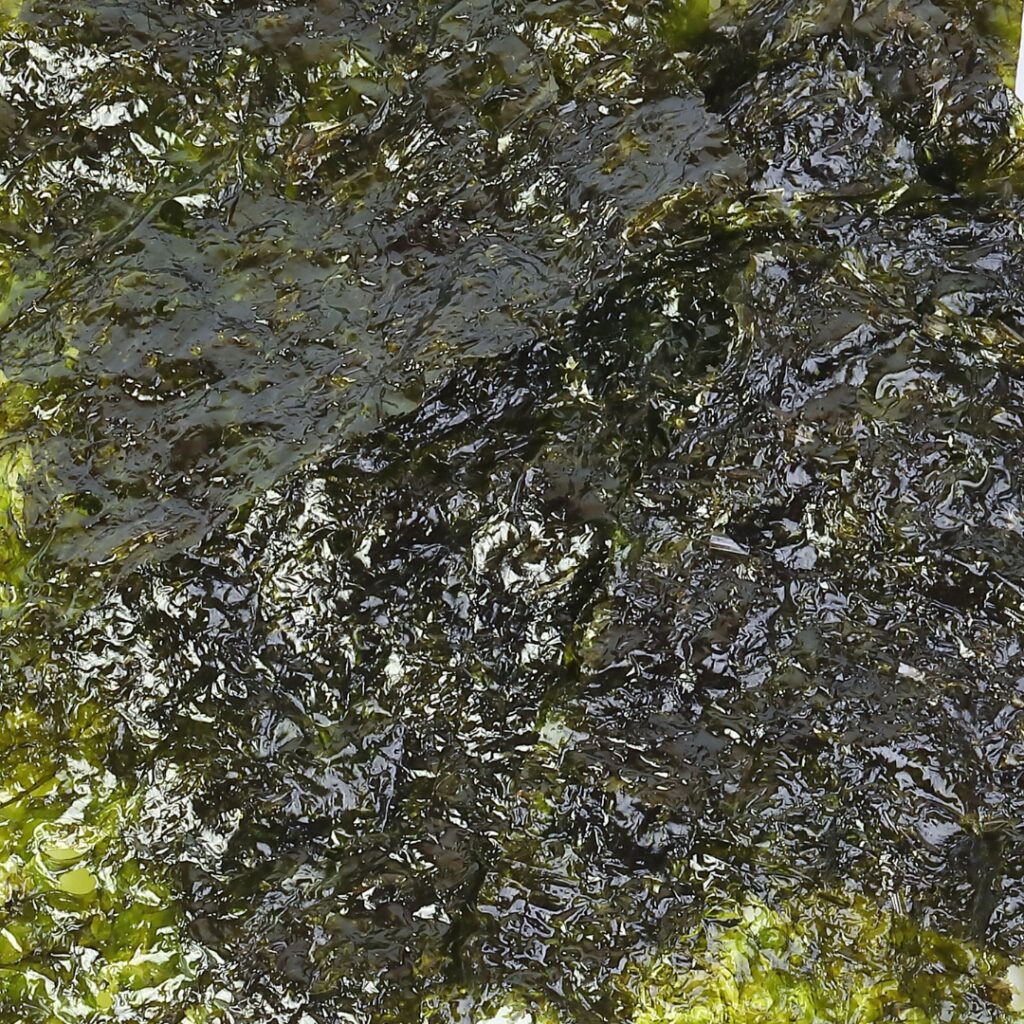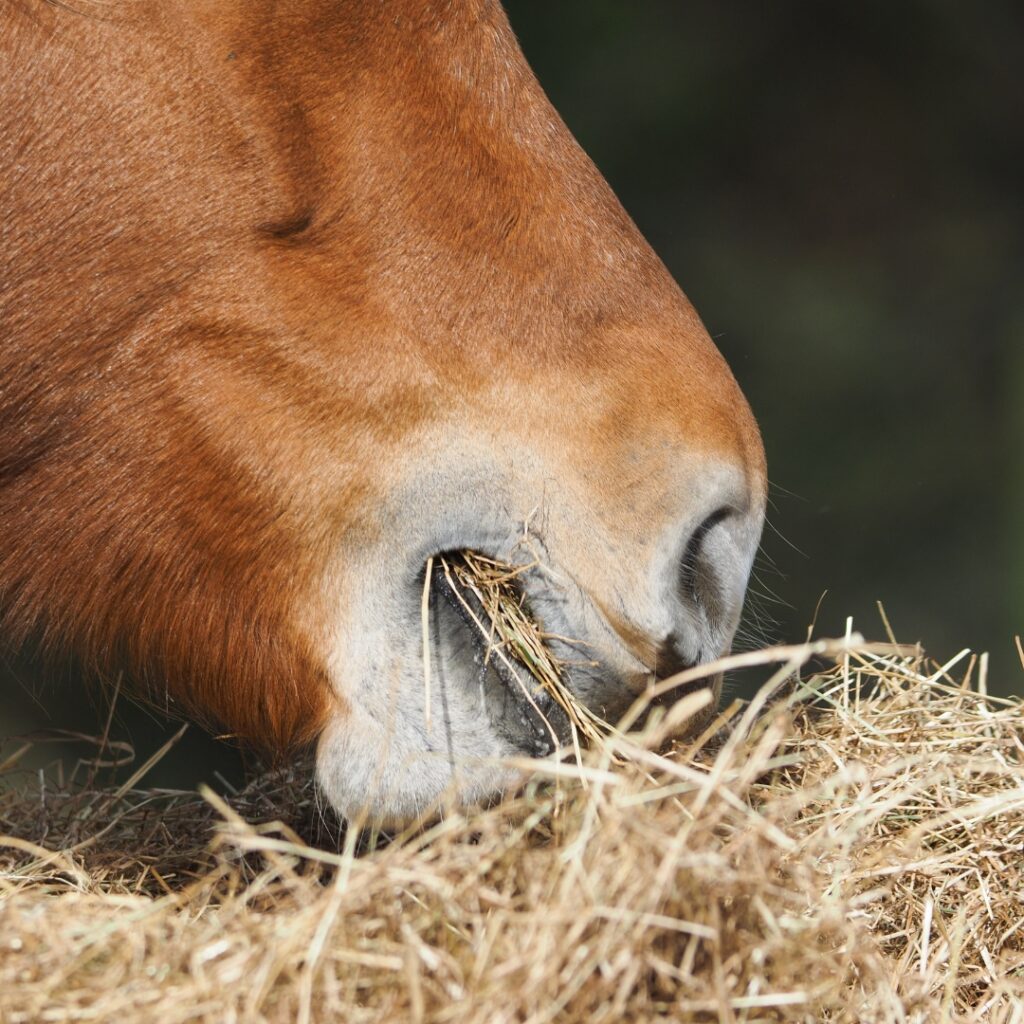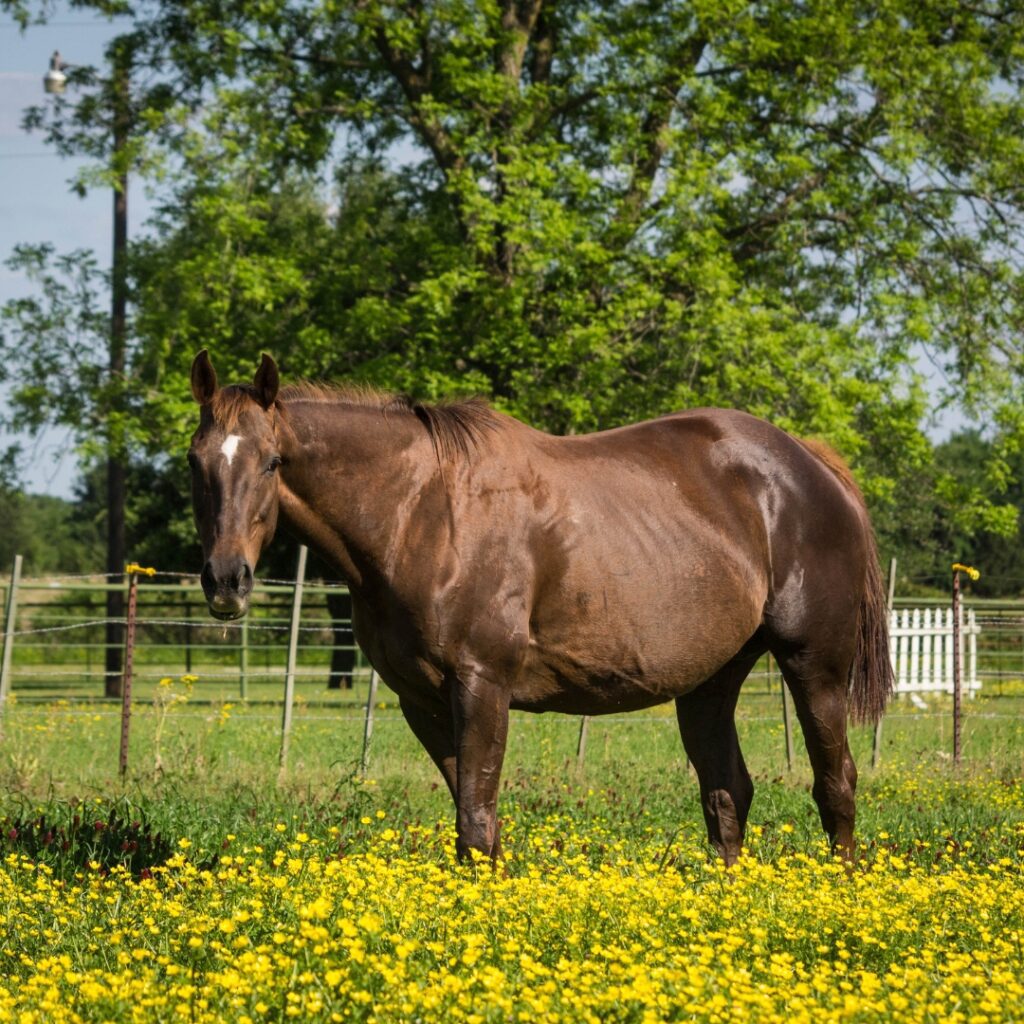
Hay season can be a stressful time for many, from the farmers harvesting it, to the horse owners purchasing it. With the variety of variables that influence the nutritional quality and safety, there are many considerations to be made. During this time of year, I receive tons of questions about new hay. Is it safe […]

If you have spent any time in barns, chances are that you have seen some over conditioned horses. Equine obesity is a prevalent welfare concern and predisposes horses to serious health issues such as laminitis. This week’s blog post is going to dive into the research on some of the supplements that are marketed for […]

Equine obesity is an epidemic across the industry. From studies that illustrate judges scoring overweight horses higher (6), to equine obesity prevalence publications showing that about 50% of the evaluated populations are classified as overweight or obese (2, 7, 8, 9). It is a serious issue in the industry that is negatively impacting equine well-being. […]

Gastric ulcers are sores that form on the stomach lining in the horse. Research has estimated that the prevalence may be up to 90% in some demographics. Working horses tend to be more at risk of developing this disease due to the intensive management they are often exposed to. When equine gastric ulcers are discussed, […]

Evaluating your horse’s mineral status is important as we always want to ensure that there are no nutritional deficiencies. However, understanding the limitations of the common laboratory tests is crucial. There are three common methods for investigating mineral status in the horse: blood work, hair analysis and diet calculations. Blood Work Bloodwork is of course, […]

If you care for a horse, you are likely aware that they are fundamentally different from humans, or even our other domesticated animals. This includes unique digestive anatomy. Horses are monogastric, meaning that they have a single compartment stomach; however, they are also classified as hindgut fermenters. The hindgut of the horse accounts for 60% […]

Most feed brands have multiple lines of feeds with various products – this can be challenging to navigate as a horse owner. An issue that I see on an almost daily basis is that horse owners are using a product that doesn’t match their horse’s needs. Therefore, this Friday with Finn blog post is going […]

It is no secret that dietary supplements are immensely popular in the equine industry. Let’s do better by our horses and critically investigate dietary supplements. This week’s Friday with Finn blog post is going to be all about seaweed. Seaweed, also commonly referred to as kelp, is a dietary supplement that I occasionally see supplemented […]

Loss of topline is a common nutritional concern amongst horse owners. The topline is composed of a group of muscles that run down the vertebral column of the horse’s spine. Ideally, you do not want this area to appear concave, it should be adequately covered in muscle without any sunken-in areas or areas of fat […]

Broodmare nutrition is an important topic as nutritional requirements change throughout gestation and lactation. Most mares are bred in the spring here in Ontario; however, it is recommended that a mare is on a balanced diet to support her in achieving an optimal body condition prior to breeding. When I receive inquiries in the spring […]
